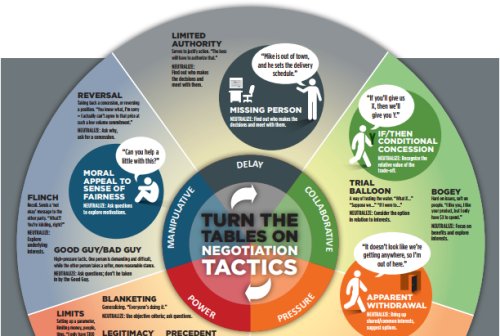Every single person - whether ordinary citizen to business owner and professional negotiates. Whether it's a product, service, idea or message - everyone wants someone else to believe.
Picture this -
You're all prepared and ready to negotiate with a potential client or current client. Your material is succinct, to the point and hard hitting with emotional appeal as well as a dizzying array of stats and facts.
When you arrive at your destination to make your presentation, you're immediately ushered into a room where a committee of twelve (12) people are waiting.
Unnerved - you know your material as well as having spoken to the CEO and the Chair just the other day - to verify that the issues and problems this company faces are real and they want them solved now.
You introduce yourself and launch into your presentation. You see all heads nodding - so far so good you
think. Halfway through your presentation, an elderly gentleman asks, "Why should we bother paying you to do something that we can find cheaply on the Internet?"
You meet the the questioner with a level gaze and answer, "Cheaply sir, you respond, doesn't mean that it's guaranteed or that you have control over where the source of that information is coming from."
The questioner sits back - everyone around the room nods in consensus and you continue with your
presentation. You think you've had a breakthrough - or have you?
As you continue your presentation - you look around the room to see who really has the power. You know the CEO is there, however since this is a committee, you know the CEO reports to another authority. You know the Chair, however, your 'gut' tells you that something is not as apparent. There's another player.
Another questioner asks, "Your price for this is obviously going to be higher than we budgeted. Just paying you to be here is costing us. Why should we continue to hire you?"
Again, you meet the questioner with a level gaze and answer, "Ma'am, you say, I can tell you that I'm the best. I can tell you I've had success with similar businesses. However, the bottom-line is what can be done with your business - here today. It is only through showing you that this can be accomplished. Does that make sense?"
Once again your questioner nods their head and the rest of the committee nods in unison. You believe that this presentation is going really well. Or is it?
It's time to wrap it up. You proceed to the finish line and ask, "Based on what is said here and the
responses - let's write this one up."
It's here that another question is brought up from someone you've never noticed before. However, as soon as she asks the question, all eyes are turned to her. She is the real force de majeure here.
She says, "Your presentation is sound. It has all the facts, gives logic, gives real emotion and actually
does a good job of presenting how this company can go about solving our real issues. In fact, all I have is one simple question: How do you know this is the most overwhelming issue at this company?"
You look at your questioner and respond, "Based upon the meetings with the CEO and in speaking with the Chair - these were the issues that were determined to be the most urgent. Should these not be the real issue at hand, I would like the opportunity to address the real issue. Can you tell me what the real issue is?
She sits straight in her chair and says, "The real issue is that I was never consulted. And although I know you have nothing to do with this - I was never consulted. I'm going to have to say, 'No' to this.
What happened?
You suffered the number one killer of successful negotiations - confidence mistakes.
Here are the 3 Key Confidence Mistakes:
1. Assumption that speaking with the CEO and Chair was where all the power lies. (This is typically correct, however, a simple question of, "Who else needs to hear this," will work in your favor).
2. Assumption that everyone nodding means that they agree. Nodding may just mean they are acknowledging what you say.
3. Assumption that by saying/doing everything right that you'll win. While saying/doing everything correctly will get you 98% there, there's the 2% factor called 'LIFE.'
These 3 Key Confidence Mistakes have demonstrated what you need to know to make your negotiations more successful.
